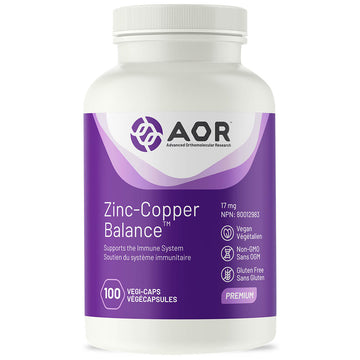Best vitamins & supplements for Iron deficiency
(59)
Iron deficiency is a common condition that occurs when the body does not have enough iron. Iron is an essential mineral that is important for producing red blood cells, which carry oxygen to the body's tissues. Iron deficiency can cause symptoms such as fatigue, weakness, and shortness of breath.
There are several supplements that may be helpful in managing iron deficiency, including:
Iron supplements: These supplements can help to increase iron levels in the body and may be helpful in reducing iron deficiency.
Folic acid: This B vitamin is important for producing red blood cells and may be helpful in reducing iron deficiency.
Vitamin B12: This vitamin is important for producing red blood cells and may be helpful in reducing iron deficiency.
Copper: This mineral is important for producing red blood cells and may be helpful in reducing iron deficiency.
It's important to note that while these supplements may be helpful in managing iron deficiency, they are not a substitute for proper medical treatment. If you have been diagnosed with iron deficiency, it's important to speak with a healthcare provider for proper treatment and management. They can help determine the underlying cause of the deficiency and recommend appropriate treatment options, which may include dietary changes, medications, or other therapies.
There are several supplements that may be helpful in managing iron deficiency, including:
Iron supplements: These supplements can help to increase iron levels in the body and may be helpful in reducing iron deficiency.
Folic acid: This B vitamin is important for producing red blood cells and may be helpful in reducing iron deficiency.
Vitamin B12: This vitamin is important for producing red blood cells and may be helpful in reducing iron deficiency.
Copper: This mineral is important for producing red blood cells and may be helpful in reducing iron deficiency.
It's important to note that while these supplements may be helpful in managing iron deficiency, they are not a substitute for proper medical treatment. If you have been diagnosed with iron deficiency, it's important to speak with a healthcare provider for proper treatment and management. They can help determine the underlying cause of the deficiency and recommend appropriate treatment options, which may include dietary changes, medications, or other therapies.






























